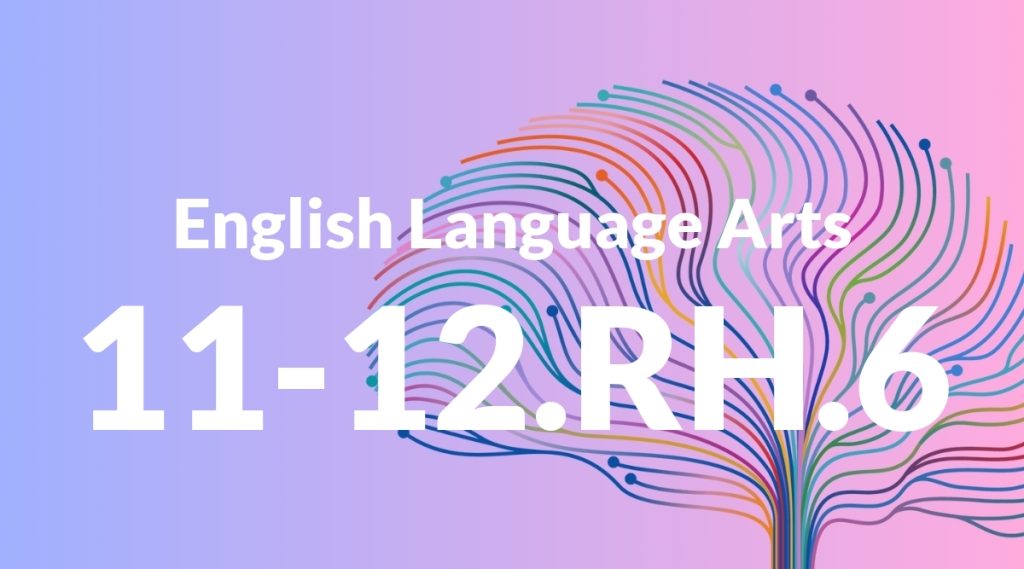Standard: 11-12.RH.6 – Evaluate authors’ differing points of view on the same historical event or issue by assessing the authors’ claims, reasoning, and evidence.
Grade level: Grade 11-12
Subject: English Language Arts
Domain: History/Social Studies
Teacher Overview
This standard requires students to evaluate differing points of view on the same historical event or issue by assessing authors’ claims, reasoning, and evidence. It is crucial for developing critical thinking and analytical skills, which are essential for understanding complex historical and social issues. Students should have a basic understanding of historical events, familiarity with identifying main ideas and arguments in texts, and skills in critical thinking and analysis.
After mastering this standard, students will develop advanced critical thinking skills, the ability to synthesize multiple perspectives, and a deeper understanding of historical context and its impact on current events.
Common Misconception 1
One common misconception is that all historical accounts are completely objective. This is incorrect because every author has a perspective that can influence their interpretation of events.
Intervention 1
To address this misconception, introduce students to the concept of bias and provide examples of how different perspectives can shape the interpretation of historical events.
Common Misconception 2
Another misconception is that differing points of view on a historical event are equally valid without critical assessment. This is incorrect because some sources may lack credibility or provide weak evidence.
Intervention 2
To remediate this, teach students to evaluate the credibility of sources by examining the evidence and reasoning provided by the authors.
Prerequisite Knowledge
Students should have a basic understanding of historical events, familiarity with identifying main ideas and arguments in texts, and skills in critical thinking and analysis.
Subsequent Knowledge
Students will develop advanced critical thinking skills, the ability to synthesize multiple perspectives, and a deeper understanding of historical context and its impact on current events.
Instructional Activities
- Debate on a historical event from multiple perspectives
- Group analysis of primary and secondary sources
- Writing essays comparing different historical viewpoints
- Creating presentations on the impact of bias in historical accounts




